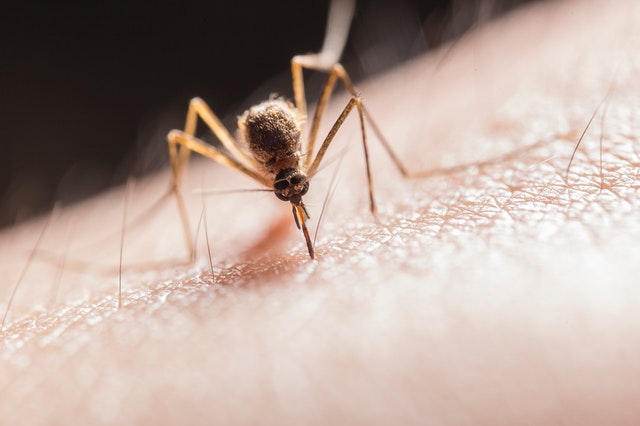During the monsoon, the risks of contracting potentially life-threatening diseases like malaria and dengue increase exponentially. Although both are mosquito-borne diseases, there are certain differences between the two ailments. Along with their differences, we are also going to discuss what to expect, how to diagnose and treat these illnesses so that you stay healthy and safe.
All you need to know about Malaria
Causes
Malaria occurs if a person is infected by the Plasmodium parasite, transmitted by female Anopheles mosquitoes. The species of mosquito approach silently and usually are active between night and dawn. Five types of Plasmodium parasites can infect humans. The parasites multiply in the liver of the host and gradually infect and destroy the red blood cells.
Malaria can also be transmitted through a transfusion or an organ implant, or the use of shared syringes or needles.
Signs to watch out for
Typically, the symptoms of malaria develop within 10-30 days following the infection. In some cases, the parasite may enter the body and remain dormant for a longer time, not exhibiting any symptoms for several months.
Common malaria symptoms include –
- High fever and chills
- Profuse sweating
- Headache
- Vomiting and nausea
- Pain in abdomen and muscles
- Anemia
- Convulsions
- Blood in stools
- Coma
Diagnosis and Treatment
A blood test can determine if you are infected with the malaria-causing parasite and the type of malaria you have. You will be prescribed medicines accordingly.
All you need to know about Dengue
Causes
Dengue is triggered by one of the four dengue viruses, spread by the class of Aedes aegypti mosquito. A person infected with the virus becomes immune to that virus for the rest of his/her life. However, there is always the possibility of being infected with the other three dengue viruses.
Dengue virus affects your liver and destroys your blood platelets. Your platelets help in blood coagulation. When the platelet count drops, it could lead to the potentially fatal dengue hemorrhagic fever.
Signs to watch out for
Symptoms of dengue normally begin about 4-7 days after you have contracted the infection. The symptoms may seem mild and are likely to be mistaken for flu symptoms. You should keep an eye out for –
- Severe headache
- Sudden fever that goes up to 106 degrees Fahrenheit
- Swollen lymph nodes
- Severe pain in the muscles and joints
- Severe or mild vomiting
- Severe or mild nausea
- Bleeding from the gums or nose
- Bruises on the skin
- Skin rashes
Diagnosis and Treatment
A blood test can check for the presence of antibodies and reveal whether you have been infected with the dengue virus. Once the diagnosis is confirmed, you will be prescribed OTC medicines and pain relievers to ease the symptoms.
For a speedy recovery, you must take good care of your overall health, especially your diet. Know what foods to eat and which ones to avoid when you have severe symptoms of malaria and dengue virus. Drinking lots of fluid and eating the right kinds of food, which are packed with vital vitamins and nutrients play an important role in improving the efficacy of the prescribed medicines and help you recover faster.



